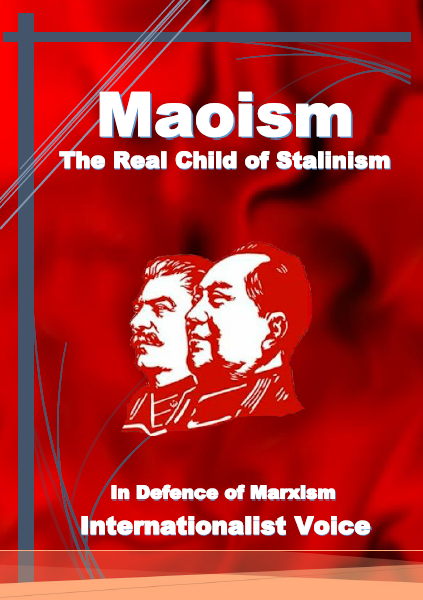A New Wave of Strikes and Workers’ Protests and the Need for Workers’ Solidarity
Peripheral capitalism – in crisis – with its ugly face, has created a miserable situation for wage slaves and the lower strata of society. The corona pandemic, the escalation of sanctions and the global crisis of capitalism have made economic and social conditions even more difficult than they were before for the working class. Under these circumstances, the working class and lower strata of society live below the poverty line and struggle to survive. In such circumstances, the struggle of the working class is of particular importance. The spread of labour strikes and protests against the oil and petrochemical industries doubles the importance of this struggle.
Since late spring, despite the corona pandemic, we have seen a new wave of labour strikes and protests – the most widespread wave of strikes and workers’ protests since the defeat of the glorious workers’ protests in the autumn of 2018. The Haft Tappeh workers’ strike has entered its 50th day, and Hepco workers have started a new round of protests. While the bourgeoisie tries to exhaust the workers of Haft Tappeh, workers’ protests and strikes have spread to the oil industry. The first of these, the strike by workers and employees of the North Azadegan oil field, in protest against low wage levels, began on 29 July 2020. But the strike spread to different cities and sectors in the oil and petrochemical industries from Saturday 1 August 2020. Workers and employees of Abadan refinery, Qeshm heavy oil refinery, Parsian refinery, Lamerd petrochemical, and phases 22 and 24 of South Pars etc. went on strike. Strikers in the oil industry are demanding timely payment of wages, cancellation of contracts with contractors, wage increases and, in particular, cancellation of temporary contracts and improved working conditions etc.
In recent decades, the Islamic bourgeoisie has pursued a policy of destroying the union of workers in one of the key industries by handing over various sectors of the oil industry to contractors and creating multiple employers. The contracting of companies plays a major role in concluding what effectively constitute slave contracts with no job security and few benefits, and over the last decade, a large proportion of oil and gas workers have been contracted.
In recent years, the industrial proletariat has been involved in workers’ protests and strikes. Trade unions and syndicalists under no illusions in Iran, but the disintegration of workers’ protests and strikes and the lack of coordination between workers’ protests have been one of the main weaknesses of workers’ protests. In various regions, attempts have been made to coordinate protests and strikes in the oil and petrochemical industries – the first by workers in the oil and petrochemical industries since the workers’ protests between 1978 and 1980 – and this issue is of particular importance. As workers’ protests have spread, in addition to showing class solidarity, workers have gained more power and paved the way for evolution of the class struggle to a higher level.
Chained workers!
Workers can maintain their solidarity through protests, resolute in their defence of the working class. We can only rely on our class power in our protests. Only by staying true to our class roots will we be able to repel the attacks of the bourgeoisie. Unlike anti-regime and anti-dictatorship protests, workers’ protests, because of their anti-capitalist nature, can not only spread to other capitalist countries but also challenge the capitalist state in the process.
Workers’ protests and strikes will gain ground!
Onwards, strike committees!
Internationalist Voice
3 August 2020














